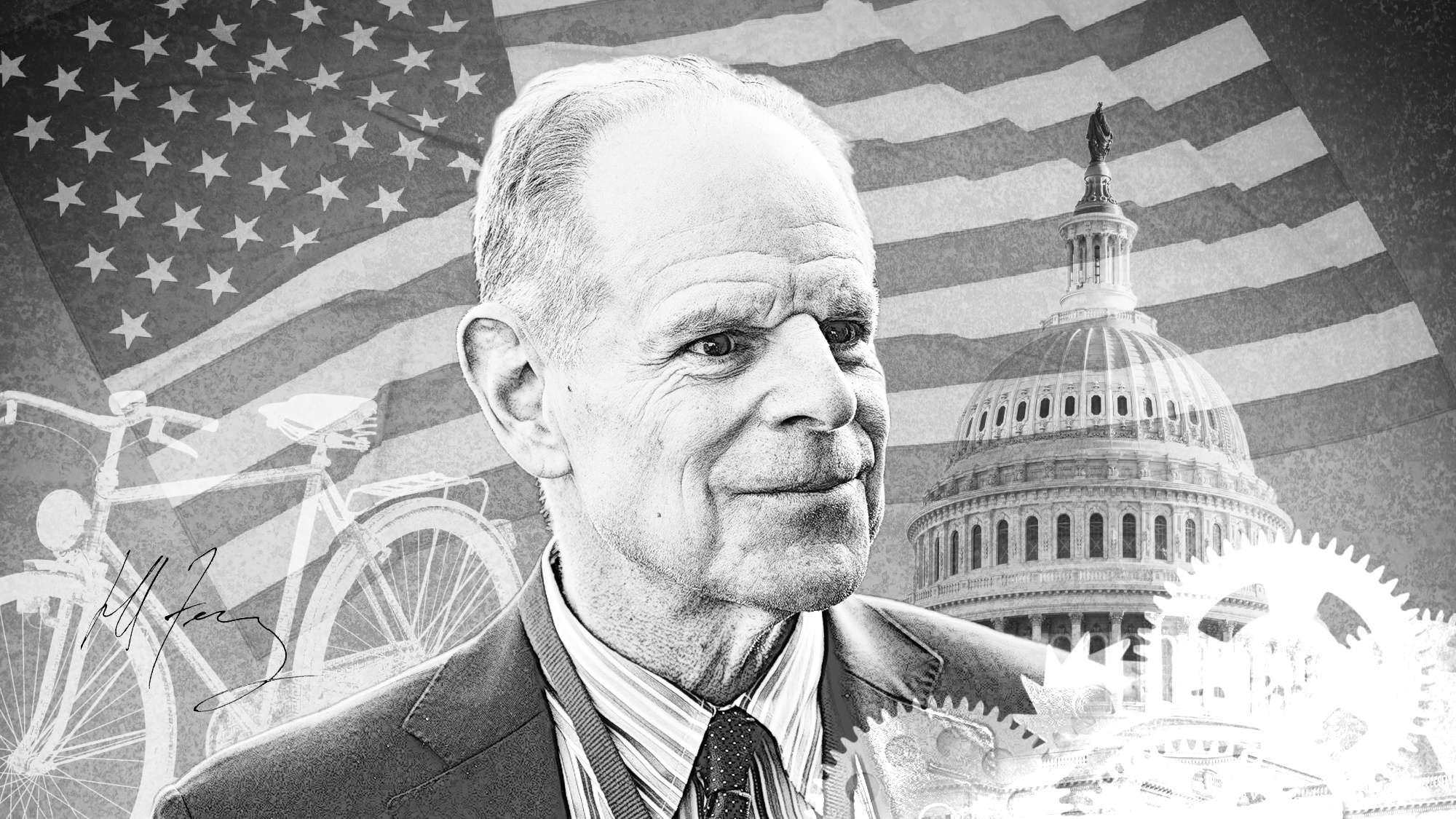
Modest progress. The NY Times editorial board generally endorses any “trade agreement” no matter whether they have read the agreement, no matter whether it is finished, no matter about the impacts of the last ones. Now they are lukewarm at best.
Currency manipulation is the primary basis for the editorial board’s hesitation this time. A good reason. It certainly doesn’t cover everything, but its a good start.
Congress’s Critical Role on Trade
By the NY Times Editorial Board, March 2, 2015
The Obama administration and the governments of 11 countries could conclude a sweeping trade agreement known as the Trans-Pacific Partnership in the coming months. Members of Congress should make sure that this and other deals being negotiated are good for America.
In recent years, trade agreements have become increasingly comprehensive, covering subjects that go far beyond familiar trade issues like tariffs and quotas. The T.P.P. negotiators, for instance, are discussing labor rights, environmental protection, patent and copyright law and how governments treat state-owned businesses. Done right, such deals can raise standards everywhere, protecting workers and opening new markets for American businesses. But there are potential downsides, too, including possible job losses.
Congress has a responsibility to give the American negotiators, in advance of any agreement, clear instructions on what it would like to see in the agreement. The vehicle for doing so is a bill that could be introduced this week. The bill would also commit lawmakers to an up-or-down vote without amendment on the final deal if the deal meets the criteria established in the legislation. This is designed to give other countries assurance that Congress will not amend an agreement after it has been negotiated.
Some liberal Democrats will not support this “fast track” bill because they believe trade agreements always harm American workers. And some far-right Republicans are opposed to the idea of a fast track because they think it gives too much power to a president they have accused of acting like a king. That means any trade legislation will have to pass with bipartisan support.
Even though the final trade deal may not be done for months, it is critical that lawmakers act now to demand strong provisions protecting the right of workers to unionize, preventing wanton environmental damage and preserving access to generic drugs for consumers in poor countries. They should also seek to prohibit T.P.P. countries from deliberately manipulating their currencies.
Currency manipulation undermines free and fair trade. Some countries like China have artificially depressed the value of their currencies to boost exports. In a 2012 paper, two economists at the Peterson Institute estimated that currency manipulation had cost the United States up to five million jobs. The T.P.P. does not include China, but it includes Japan, Singapore and Malaysia, which have occasionally intervened in foreign exchange rates. (The other countries in the T.P.P. are Australia, Brunei, Canada, Chile, Mexico, New Zealand, Peru and Vietnam.)
Negotiators have not included a provision on currencies in the T.P.P. so far. And administration officials and Janet Yellen, the chairwoman of the Federal Reserve, caution that including such a clause could backfire. They say other countries could accuse the United States of manipulating the value of the dollar through the Fed’s recent bond purchases, which helped to bolster the economy after the financial crisis. Trade negotiators should find a way to make clear that monetary and fiscal policies designed to revive depressed economies cannot be considered currency manipulation.
There is broad political consensus that trade agreements must address currency manipulation. The Center for American Progress, a liberal research group, recently called for just that, as did Senator Orrin Hatch, Republican of Utah. Mr. Hatch is drafting the fast track bill with Senator Ron Wyden, Democrat of Oregon, and Representative Paul Ryan, Republican of Wisconsin.
In addition to the currency issue, Congress should also extend the Trade Adjustment Assistance program, which provides needed aid to workers hurt by trade deals. The program expires at the end of this year.
Congress needs to use the leverage it has to have its voice heard. Otherwise, legislators cannot be fully involved in shaping agreements that cover many complex issues and could result in big changes to domestic laws.













